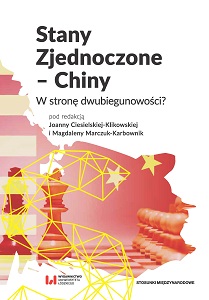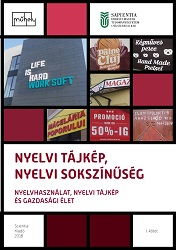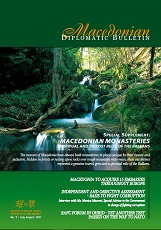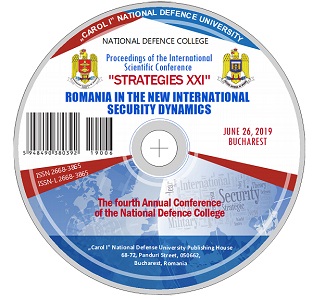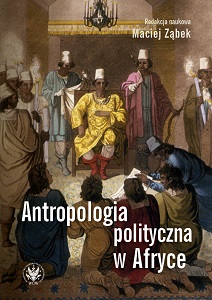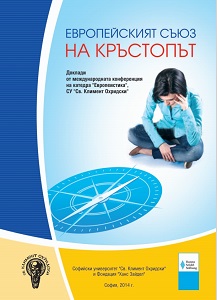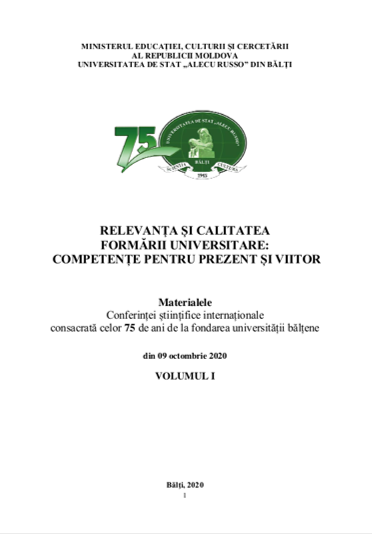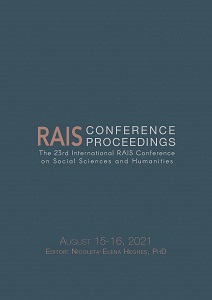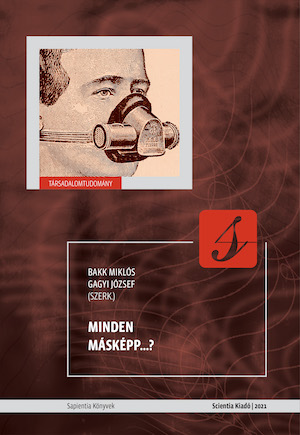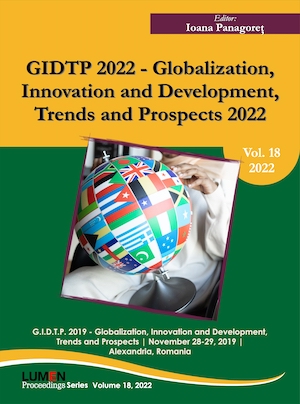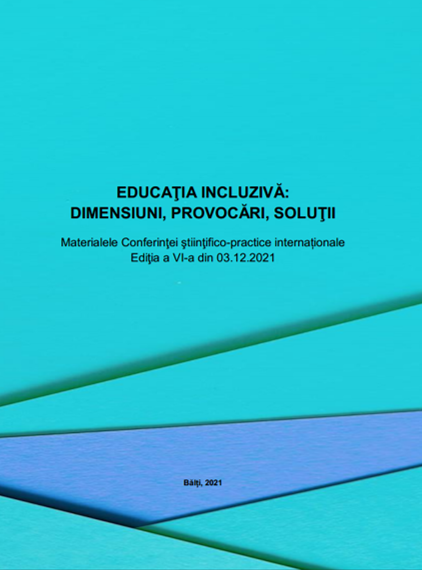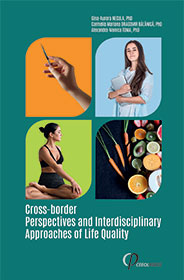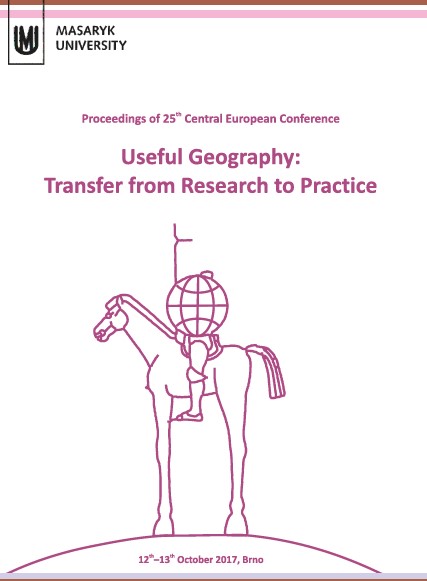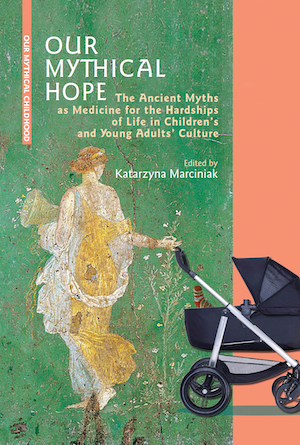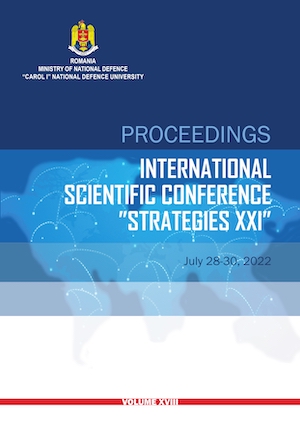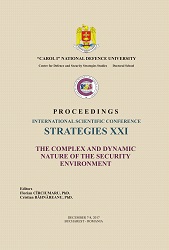
ILLEGAL MIGRATION, THE GORDIAN NODE OF THE ACTUAL GEOPOLITICAL CONTEXT
ILLEGAL MIGRATION, THE GORDIAN NODE OF THE ACTUAL GEOPOLITICAL CONTEXT
Keywords: illegal migration; the globalization phenomenon; Gordian node; conversion to democracy; Middle East; Africa.
Illegal migration has achieved paroxysmal odds in 2015, and even if the amplitude of the phenomenon has decreased it continues to incite, an already largely divided European community, at ample and heated discussions. This “Gordian node”, a real challenge forth European Union, is a direct result of the explosive mix between: the attempts of “converting to democracy”, globalization phenomenon and the increasing poverty at alarming levels in the deliberately destabilized regions of Middle East and Africa. The interests of the great powers, in order to protect Western multinationals or the race after hydrocarbon, have made vast and prosperous regions to ruin, becoming again pre-modern enclaves characterized by confusion,chaos and despair. Notions as Europe or USA are no longer causing former reverberations in the Arab world and have lost most of its advantages except some corrupt, unfair and abusive “export democracies”. These produced imbalances require a redefinition of the concept of sovereignty, and in order to stabilize the situation, the need for concessions and balance is acutely felt.
More...

